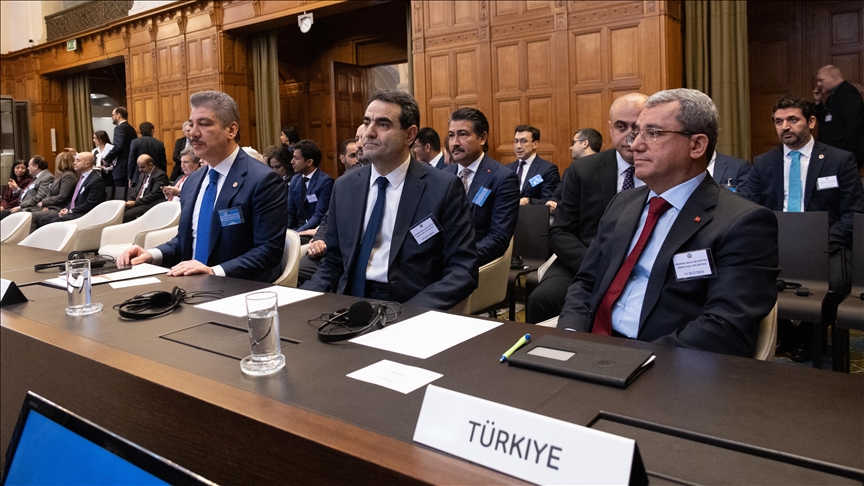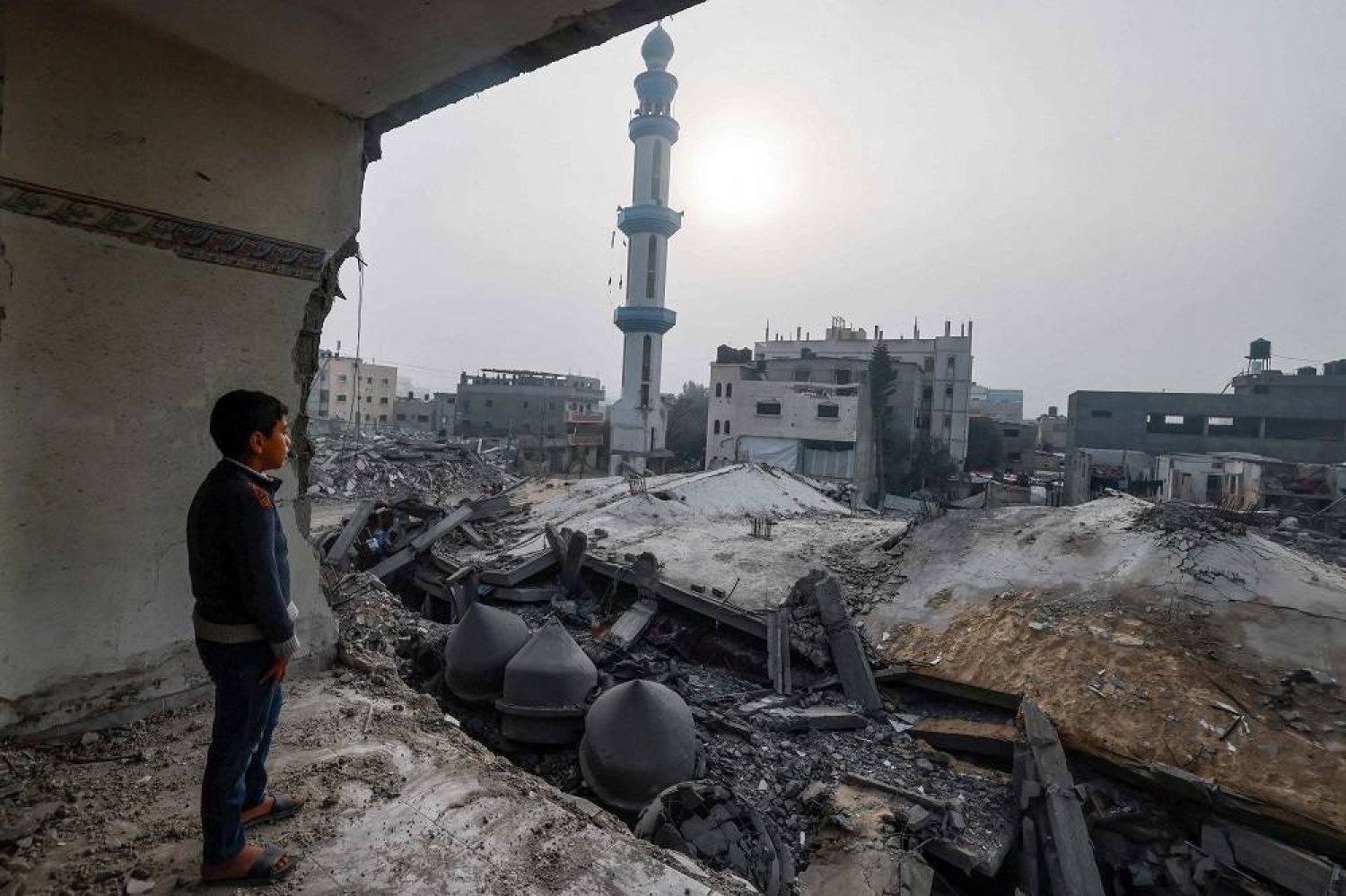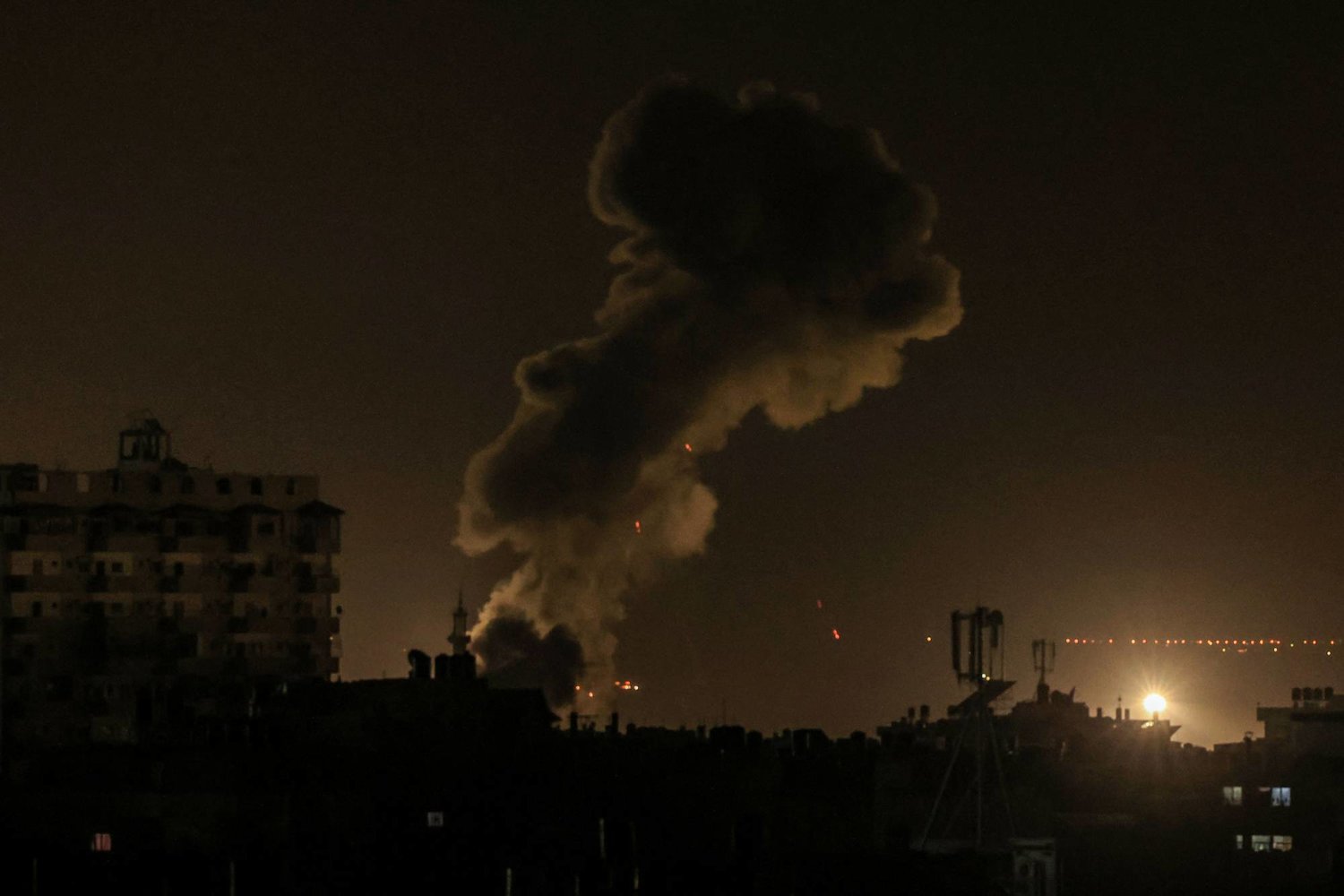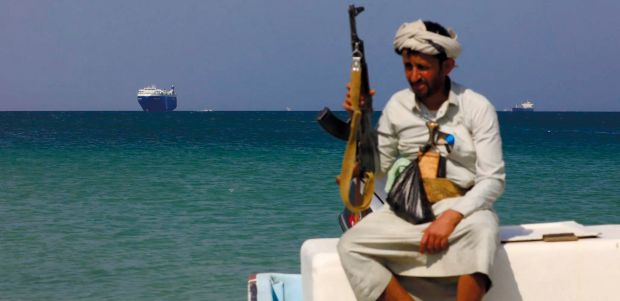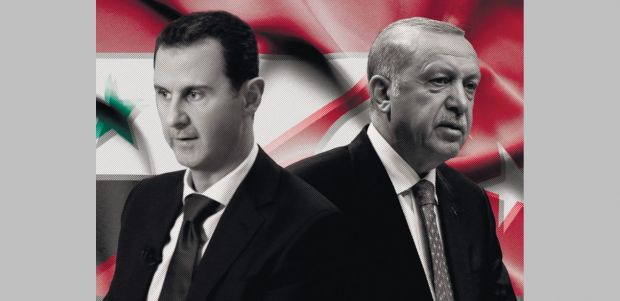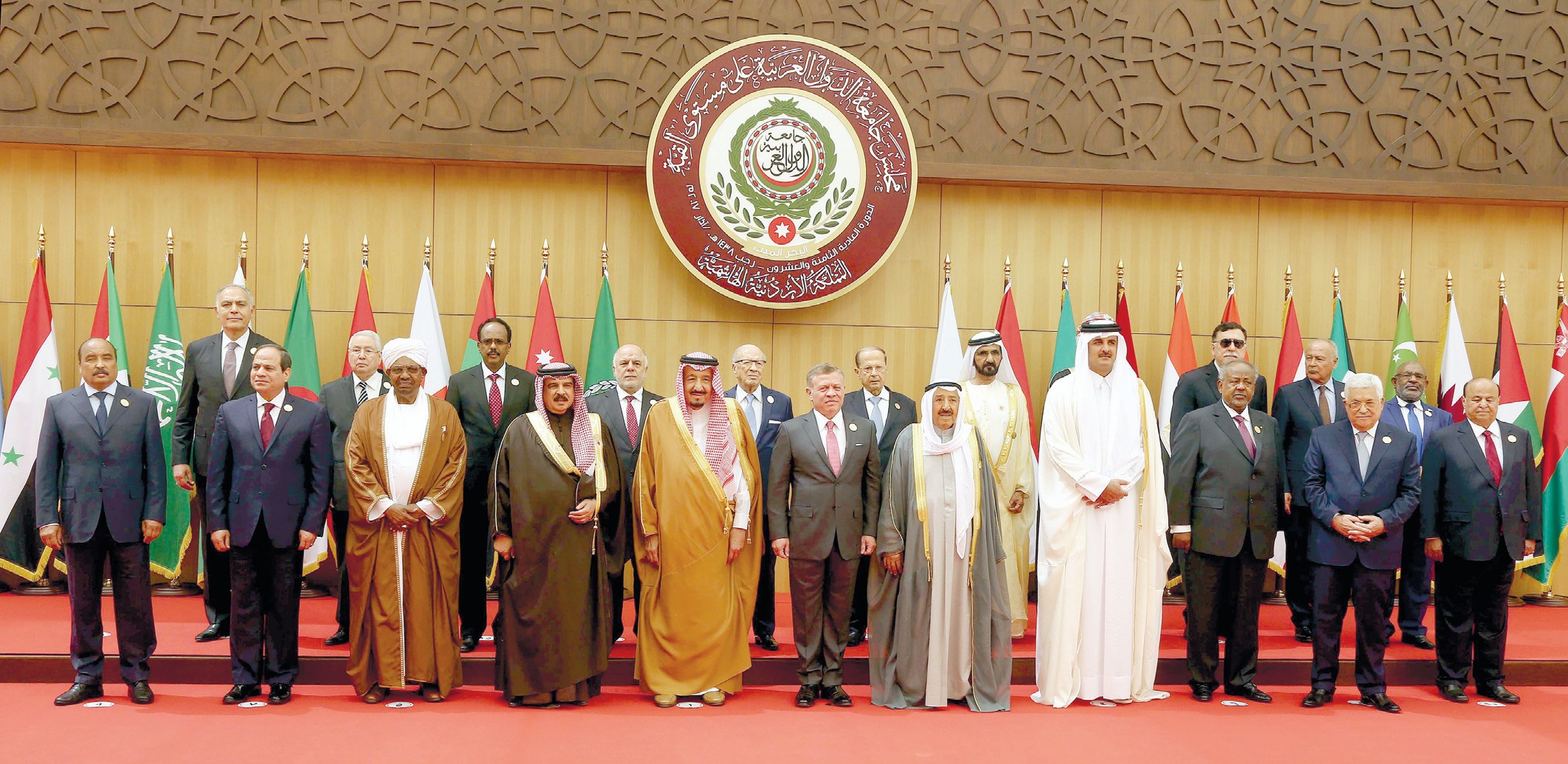
One of the most contentious and polarising issues surrounding the conflict in Gaza, which originated with the Hamas attack on Israel, has been the stance of Arab states in the region. Both within the Arab world and internationally, Arab states have been accused of hesitating to take more assertive steps against Israel.
It is evident that prominent Arab states, including Egypt, Saudi Arabia, the United Arab Emirates (UAE), and Jordan, as well as those situated along the border of Palestine, have demonstrated a tendency to exercise restraint in their approach to the conflict. They have largely confined themselves to ceasefire diplomacy and humanitarian aid to the Palestinians. Conversely, non-Arab Muslim countries, with Turkey, Iran, Pakistan and Indonesia at the vanguard, have demonstrated a more robust and assertive stance towards Israel. This Arab restraint can be attributed to a number of factors.
Firstly, there is a desire to draw international attention to the war and to exert pressure on Israel through the UN, OIC and other international organisations in order to bring about a ceasefire.
The second activity of the Arab countries in the region was the organisation of a campaign of humanitarian aid to Gaza, which was accompanied by condemnation of the Israeli attack. Currently, the majority of this assistance is provided by Egypt and Jordan. The campaign continued even after Israel closed the border crossings with those states, with Jordan and Egypt agreeing to airlift food. Moreover, Jordan's King Abdullah II was directly and repeatedly involved in the process.
Finally, there remains the possibility of a diplomatic solution to the conflict. Arab countries are engaged in the organisation of negotiations between Israel and Hamas. Notably, Qatar and Egypt are exerting considerable effort to conclude a peace agreement that encompasses a ceasefire in Gaza and the release of prisoners.
Arab Realities
It is curious to note that the Arab countries neighbouring Gaza have not yet taken more robust and decisive steps, despite facing significant criticism from their own and international communities. The policy of these countries, which is oriented exclusively towards humanitarian aid and peace negotiations, has been the subject of considerable criticism.
The prevailing perspective is that Arab authorities are overly reliant on Western powers, particularly the United States. Consequently, they are disinclined to adopt robust measures against their Jewish neighbour, apprehending the possibility of significant repercussions for their actions. It is worth noting that following the so-called 'Doomsday War' of 1973, King Faisal bin Abdul-Aziz of Saudi Arabia spearheaded the campaign for an oil embargo against the West. This resulted in a global oil crisis and compelled Western countries to reconsider their stance. Nevertheless, in 1975, King Faisal was assassinated in an assassination attempt in his own palace.
Conversely, should the necessity arise, Arab countries, including Saudi Arabia, may adopt a resolute stance towards the West. For instance, two years ago, the kingdom's Crown Prince Mohammed bin Salman declined Washington's proposal to stabilise oil prices on the world market.
Nevertheless, in the current circumstances, the Saudis demonstrate a rather loyal and peaceful position, at times even retreating in front of Tel Aviv. This is despite Riyadh's considerable influence, not to mention its capacity to mobilise the entire Arab-Islamic world. The rationale behind this decision is unclear.
The conflict in the Gaza Strip was initiated by Hamas. The objective was to impede the Arab-Israeli reconciliation process, which Saudi Arabia was preparing to join. Hamas and Islamic Jihad have received encouragement from Iran. In addition to other armed movements, their actions are contrary to the regional interests of Saudi Arabia, which, in contrast, supports Palestinian autonomy in the West Bank.
In other words, Saudi Arabia's confrontation with Israel would result in Riyadh's indirect support for Hamas, which would lead to a strengthening of the group in Palestine. In the long term, this is contrary to the kingdom's regional interests. Consequently, Riyadh is inclined to endorse a cessation of hostilities in Gaza, the restoration of the peace process and the establishment of a Palestinian government under the leadership of Mahmoud Abbas. In order to achieve this objective, the Saudis are working in close collaboration with the Americans and other regional allies. It is clear that the Saudi Arabian government attaches great importance to the weakening and elimination of Hamas, which adheres to the ideology of the Muslim Brotherhood. Consequently, Riyadh is disinclined to sever diplomatic relations with Israel. Concurrently, the prolongation of the war and the deaths of civilians in Gaza have significantly eroded the image of the Kingdom as the leader of the Arab world. Consequently, it is striving to halt the conflict and provide humanitarian assistance to Gaza.
Another Gulf country pursuing a sensitive policy in the current Palestinian-Israeli conflict is the United Arab Emirates (UAE). The UAE, which claims to be the second most important economic and political power in the Arab region, favours diplomatic and political leverage on the issue of Palestine. Similarly to Saudi Arabia, the UAE is disinclined to permit the military and political authority in Palestine to be assumed by Hamas. Furthermore, the United Arab Emirates is one of the parties to the so-called Abraham Accords, which established the framework for the controversial Arab-Israeli reconciliation process initiated by the United States. Nevertheless, given that the UAE views Saudi Arabia as its primary regional competitor, it is evident that Abu Dhabi is leveraging its influence in Palestine to advance policies that align with its interests. This also encompasses the reinstatement of former Interior Minister Mohammed Dahlan to power in Gaza.
The leading Arab countries, namely Qatar, Jordan and Egypt, have found themselves at the epicentre of the Palestinian-Israeli conflict. Qatar is a relatively small country with no common border with Palestine. Nevertheless, this does not preclude Doha from assuming an active role in the resolution of the current conflict and a number of other regional issues. This is enabled by its adroit deployment of "soft power" in the Arab-Muslim world, its economic prospects and, most crucially, its impartiality towards the disparate political and ideological groups. Currently, Qatar is the primary mediator in the negotiations between Israel and Hamas. As is the case in other Arab countries, it provides support to Muslim Brotherhood cells in Palestine. The relationship between Qatar and Hamas was established in 2012, during the Arab Spring. Following the relocation of the political office of the organisation from Damascus to Doha, Hamas has demonstrated its support for the Syrian opposition.
The Qatari authorities were able to successfully mediate during the escalation in the Gaza Strip in 2015, 2018 and 2021. It is noteworthy that Qatar's mediation mission is also acknowledged by Israel, despite the absence of diplomatic relations between the two countries. Following the events of 7 October, the delegation, which included the head of Israeli intelligence, remained in Doha for a period of time to engage in discussions pertaining to the exchange of hostages and the cessation of hostilities.
Qatar maintains close relations with the US Democratic Party and has been engaged in efforts to resolve the Palestinian-Israeli conflict through political and diplomatic means. Nevertheless, Doha's stance also reflects its rivalry with Riyadh and Abu Dhabi.
The situation is further complicated in Egypt and Jordan, which border both Palestine and Israel. Both countries maintain diplomatic relations with Tel Aviv. The fact that they share a border with Palestine and Gaza further increases their responsibility. It is evident that the authorities in Cairo and Amman view Hamas as an ideological adversary and competitor. Consequently, on the one hand, they are attempting to bring an end to the conflict in Gaza, in a manner similar to their neighbouring Arab countries. On the other hand, they are acutely aware of the potential implications of a Hamas victory.
The continuation of the war and the massacre of civilians in the Gaza Strip has placed Egypt and Jordan in a challenging position. In particular, Egypt's reputation as a leading country in the Arab world is being eroded. Furthermore, the displacement of the population from the Gaza Strip is placing an additional burden on Egypt, which is already experiencing serious economic difficulties. Consequently, the Egyptian government is now attempting to exert greater pressure on the Israeli authorities with a view to achieving a cessation of hostilities.
Is Gaza a dead end for the Arab world?
In fact, the war in Gaza has become a severe test for states that claim leadership in the Arab world. The protracted nature of the conflict, which is arguably the longest-running and most complex in the world, places an additional burden on the countries of the region.
The resolution of the Arab-Israeli conflict is influenced by both ideological confrontation and regional competition between Arab states. It is evident that the establishment of a ceasefire in Gaza and the delivery of humanitarian aid to civilians in the Strip are of paramount importance to all countries in the region. Nevertheless, there persists a divergence of opinion among them regarding the ultimate resolution of the conflict and the entities that will oversee that process. Each of those states has its own vision and strategy for the future of the region, taking into account the factor of maintaining relations with the West and Israel. Consequently, they have opted for a more cautious and moderate approach. In instances where the matter in question transcends the scope of shared interests, they tend to prioritize the pursuit of their national interests.

